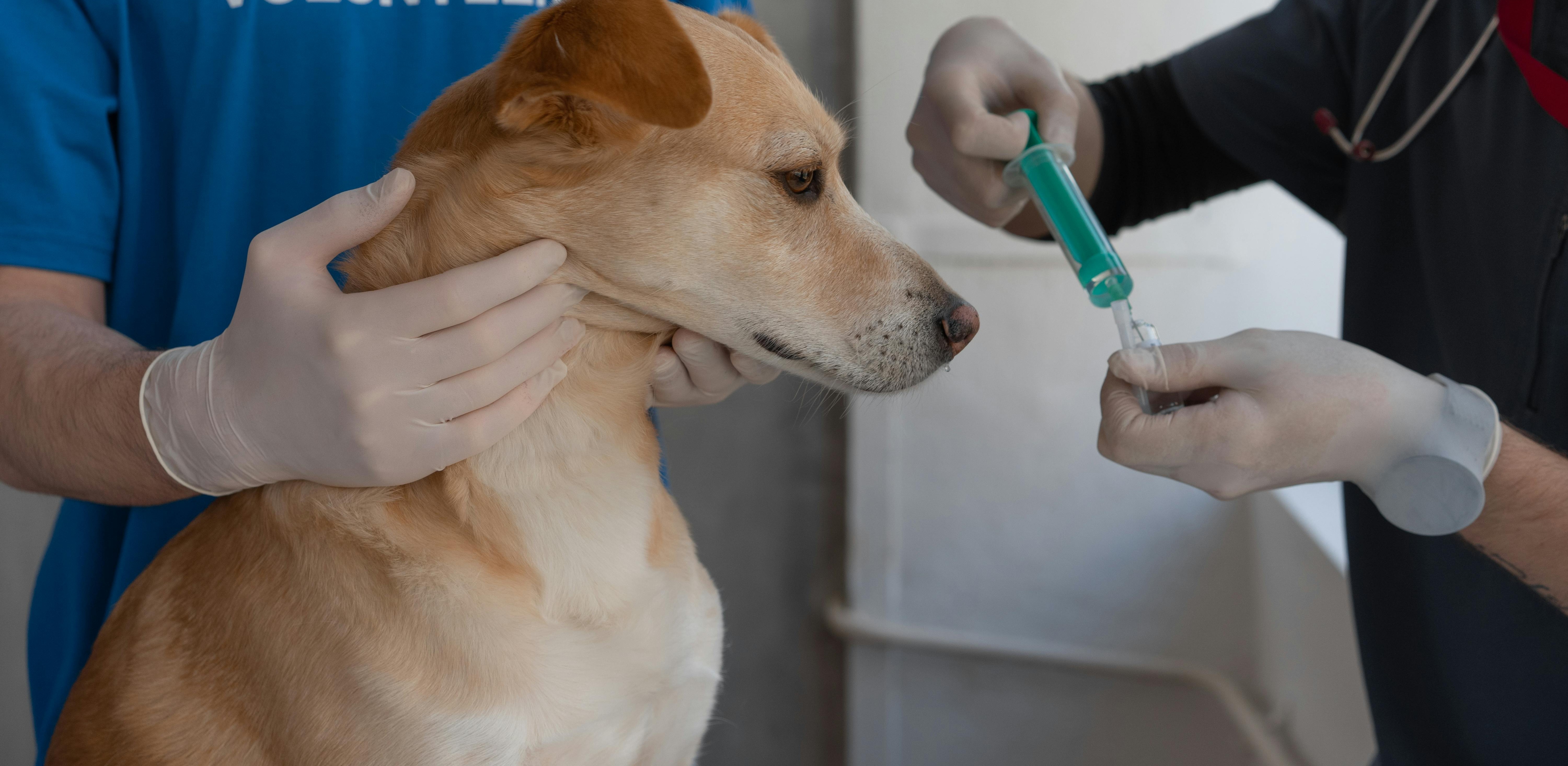Rabies
Rabies Prevention and Control

About Rabies
Rabies is a preventable viral disease of mammals most often transmitted through the bite of a rabid animal. The vast majority of rabies cases reported to the Centers for Disease Control and Prevention (CDC) each year occur in wild animals like raccoons, skunks, bats, and foxes.
If you are attacked by an animal or see an animal showing signs of rabies, call Durham County Animal Control at 919-560-0900.

Rabies in humans
Rabies in humans is 100% preventable through prompt and appropriate medical care. Without medical care, the rabies virus infects the central nervous system, ultimately causing disease in the brain and death.
We do not provide rabies vaccines. If you are attacked by an animal and need a rabies vaccine, visit your local urgent care or emergency room.
Symptoms:
The early symptoms of rabies in people are similar to that of many other illnesses, including fever, headache, and general weakness or discomfort.
As the disease progresses, more specific symptoms appear and may include:
- Agitation
- Hydrophobia (fear of water)
- Anxiety
- Confusion
- Difficulty Swallowing
- Excitation
- Hallucinations
- Hyper salvation (increase in saliva)
- Insomnia
- Slight or Partial Paralysis
High Risk Carriers of Rabies:
- Bats
- Skunks
- Coyotes
- Foxes
- Raccoons

How to protect your pet from rabies:
- Maintain current rabies vaccinations on all dogs and cats three months of age and older. Check with your veterinarian.
- Confine all pets or keep them on a leash. They will be less likely to come into contact with rabid wildlife.
- Spay or Neuter your pets to prevent unwanted pets that may not get regular rabies vaccinations.
Rabies Vaccination Requirements for Cats & Dogs
An animal is considered currently vaccinated if it has either:
- Been vaccinated for rabies within the last 12 months; or,
- Received 2 rabies vaccinations within 12 months of each other and the latter of these 2 rabies vaccinations having been with a 3-year vaccine and 3 years have not passed from the date of the latter vaccination
The Durham County Sheriff's Office offers low-cost rabies vaccines for pets Tuesdays-Thursdays, by appointment only. Learn more on the Animal Services webpage here.
The Rabies Prevention and Control Program evaluates all potential exposures to rabies in humans and animals. The Durham County Department of Public Health works together with the Animal Services Division of the Durham County Sheriff’s Office and the Animal Protection Society of Durham to ensure state rabies laws are followed.


